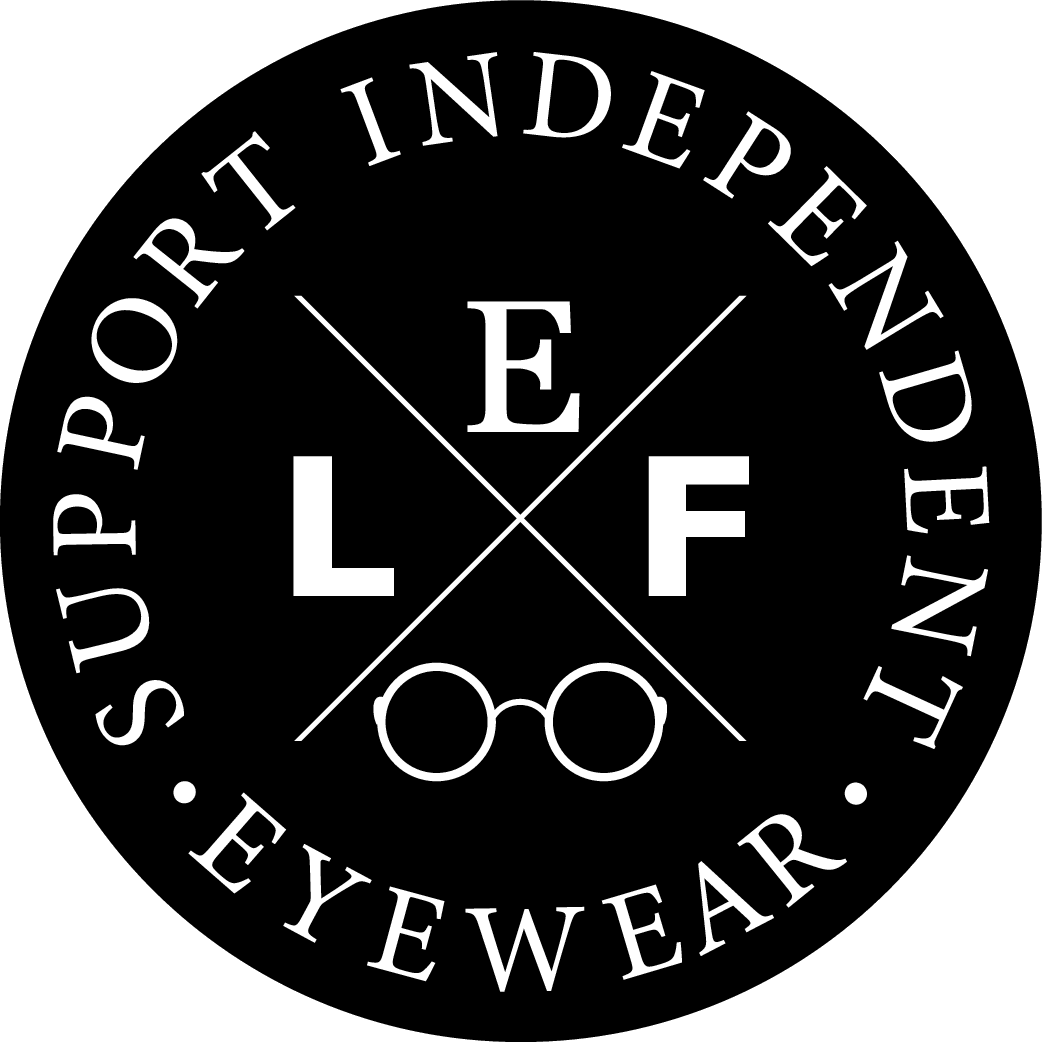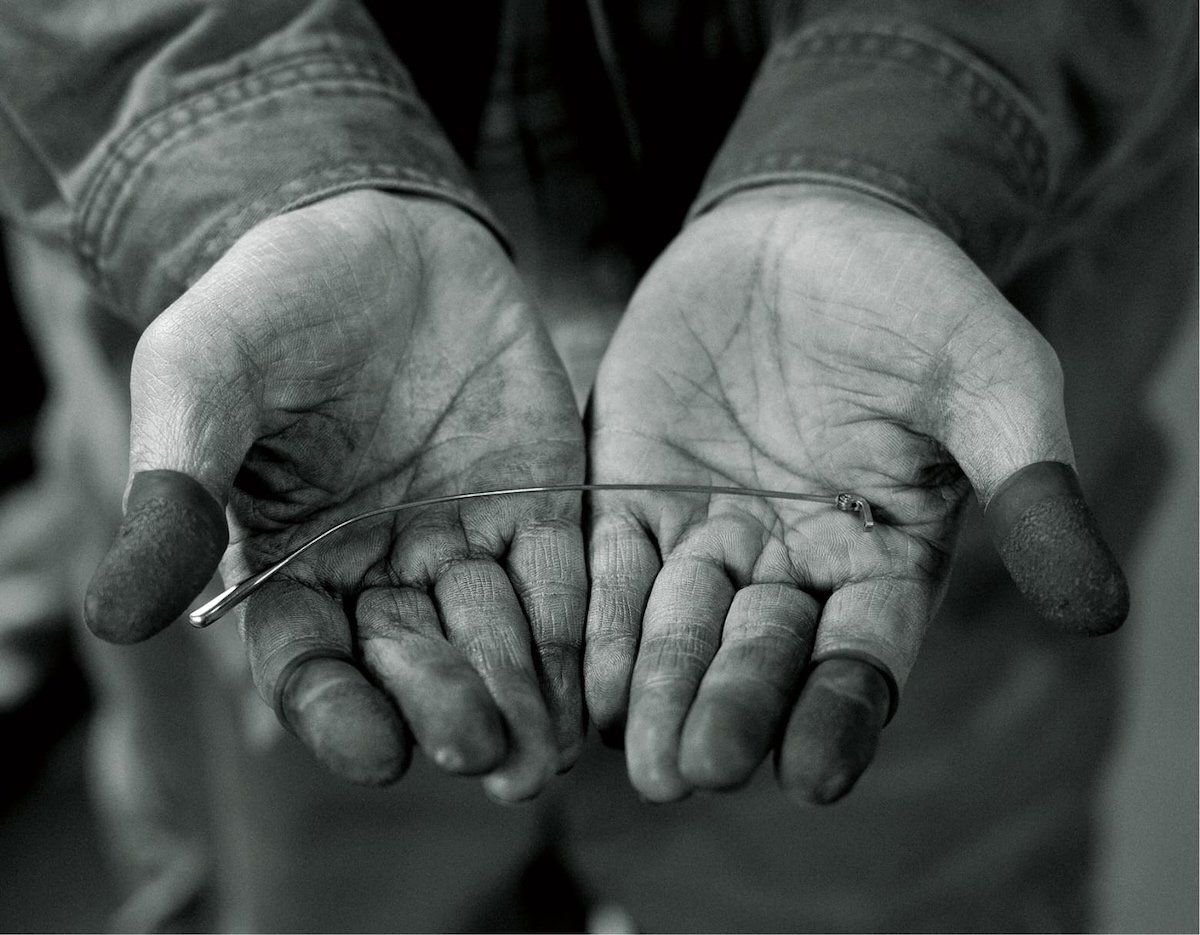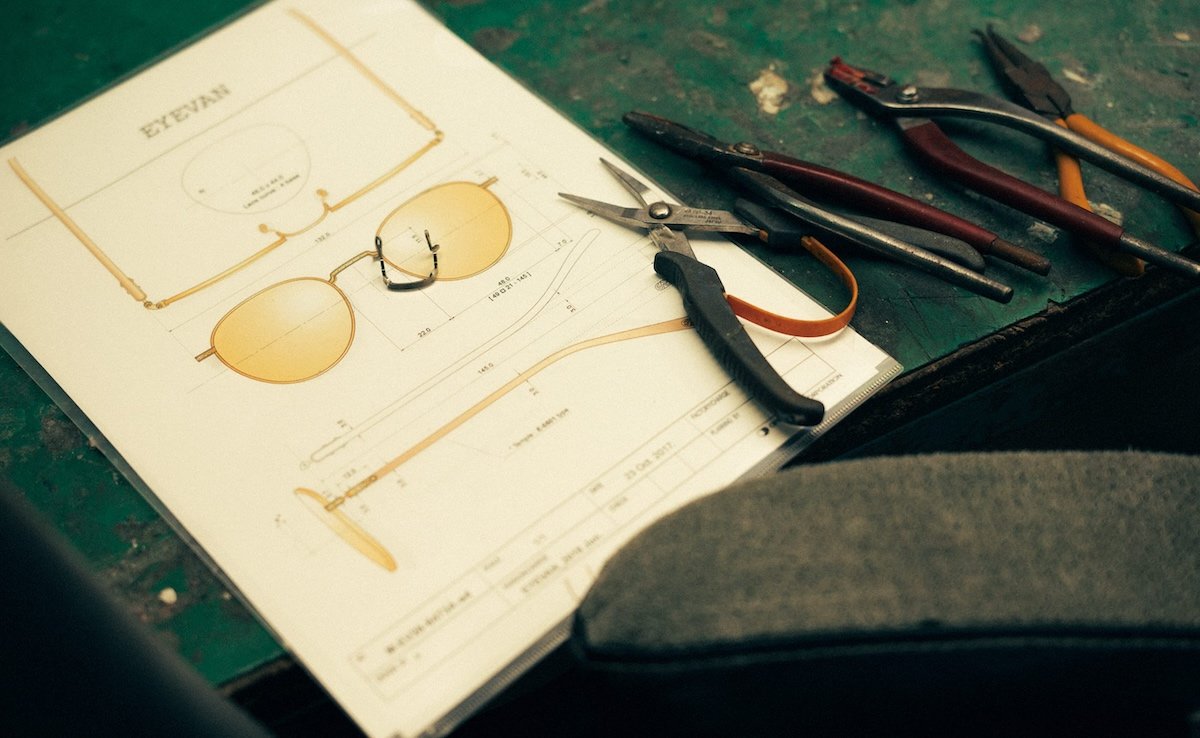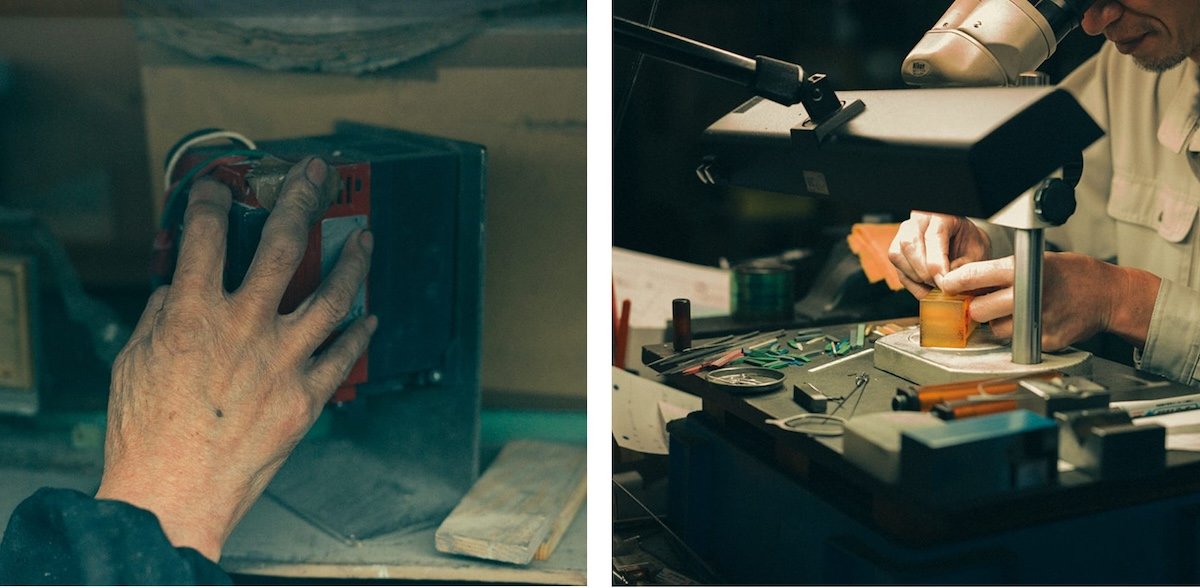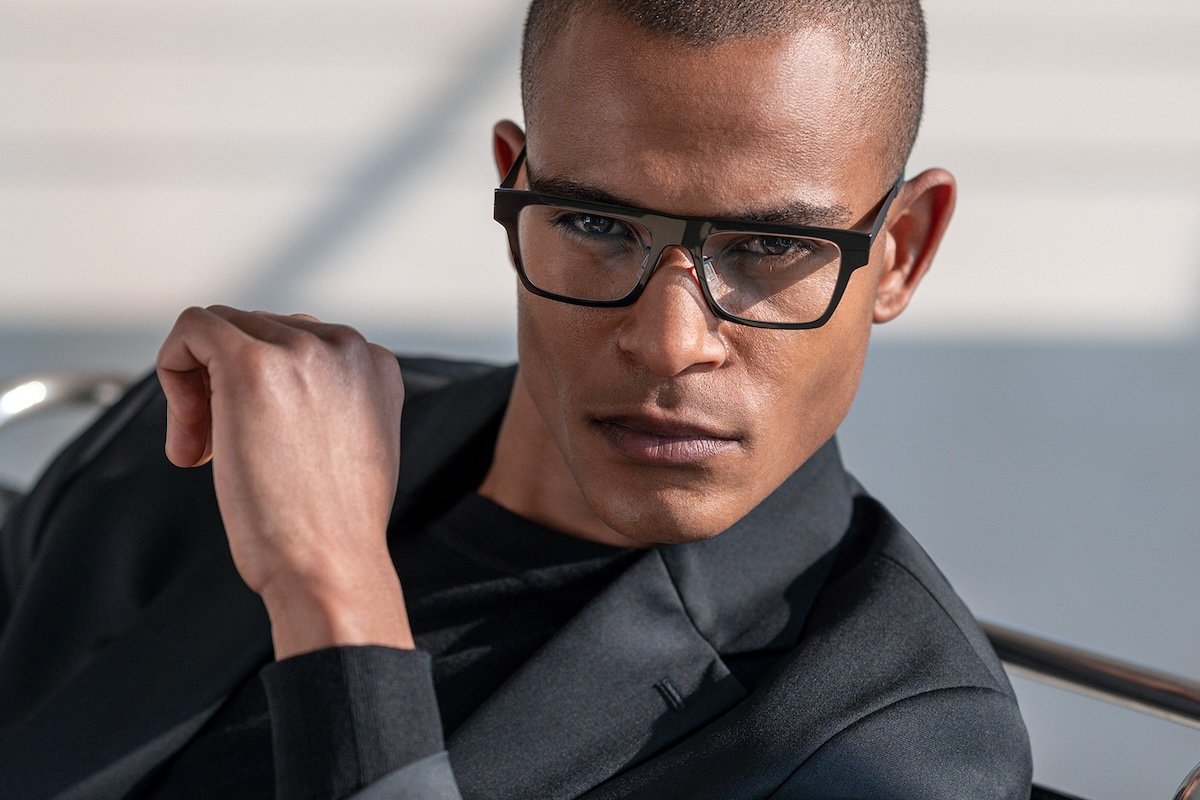EYEVAN > Sabae, Fukui - Japan
The history and innovation of Sabae in Fukui Prefecture is alive in EYEVAN
Its name is known around the world. It is known as the “City of Glasses”. Just the label, “Made in Sabae” alone is an absolute guarantee of quality. Like Naples’ dress shirts, Northampton’s leather shoes, or Islay’s malt whiskey, it is a place bound inseparably from the product it produces.
History, climate, tradition, craftsman, custom, innovation, pride. Manpower, labor and time is not normally found together in one place like it is here. This city pours forth something truly special. That is what it means to be a renowned place.
Naturally, EYEVAN glasses are also made somewhere in this town. In 1972, EYEVAN started as an original product launched as “Eyewear for dressing as a fashion accessory” with VAN’s Kensuke Ishizu. They were later discovered by Oliver Peoples in the USA in 1985, and then restarted in 2018 with a capsule collection composed of 6 models. Throughout their history, all have been made here, in Sabae, a town narrow in width from north to south and surrounded by mountains. They are testimony to the high-quality products Sabae produces. That is the background from which EYEVAN was born.
Approximately 100 years ago, Gozaemon Masunaga brought the technique of manufacturing glasses to Sabae from Osaka. Starting out as a side job to supplement work in the agricultural off season, the people of Sabae developed their own ingenuity and trained, leading them to where they are today. And so now you should be able to grasp the essence of this town, with its rich background, advanced technology, and numerous craftsmen.
It is in this town you will find EYEVAN, eyewear which is comparatively delicate and occasionally requires intricate work to create. There, techniques and handicraft live together with craftsmen who plate, and engraving craftsmen who manually engrave their designs (it is said only one single such craftsman remains). It may seem like an overstatement to say that EYEVAN holds the essence of Sabae. Nonetheless, they are the glasses inheriting the town’s history and carrying it anew into the future.
